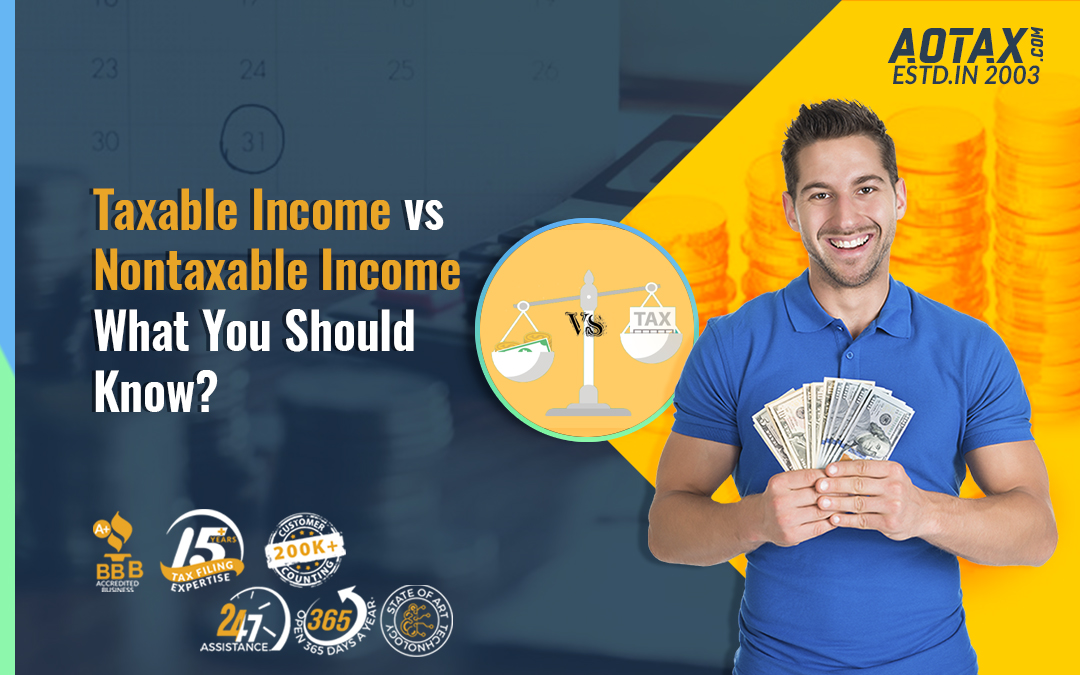
Why Tax Consultant is Important
Why Tax Consultant is Important
Before we get started with answering the question, let us first understand what a tax consultant is.
The simplest possible definition of a tax consultant is someone who can help you reduce your tax liabilities by following some of the best practices.
Individuals who qualify as tax consultants are trained with the law and accounts so that they can provide you with ways to manage your money and taxes as well. If you have ever been part of the tax filing process, you would be aware of the cumbersome and tiring process. The hiring of a tax consultant makes that part easy as he assists you with the entire process.
Do you really need a tax consultant?
If you are someone who values each and every penny, hiring a tax consultant might be a very effective decision. You can invest the money that you save by hiring a tax consultant somewhere else and make the most of it. Many times, getting the right advice and right direction towards tax planning can be the defining factor between the good and efficient use of your financial resources. Tax consultants are individuals who are thorough with the tax codes and know all the places where you can save money. By incorporating these practices, deductions and taking tax credits when and where possible you can save a substantial amount of money. What you should not confuse tax consultants with are individuals who help you find loopholes in the system. That is far from the truth and in fact misleading in a lot of ways. They merely educate you with the different clauses that you can benefit from.
- Seasoned tax consultants have a ton of experience under their belts and you can definitely benefit from the same. Sure, there are tons of consultants available who will offer their services at much lower rates as compared to others. But when it comes to taxes and their filings, it is better to take the commonly used road and pick a seasoned or experienced consultant. The chances of seasoned consultants making mistakes are way less as to consultants who are fresh out of graduation.
- Hiring a tax consultant can keep you away from the nightmares of technical details of the tax codes, which can be overwhelming for a lot of individuals. The tax experts or consultants undergo exhaustive training before they actually start practicing.
- As the tax consultants are aware of both the government policies as well as the way the government works, it is much easier for them to route around. It is all about using your resources smartly without breaking any sorts of law or without getting into any troubles.
- Though being aware of the laws might seem not all that significant, they play a critical role deciding a tax consultant for you. Knowing the laws in and out ensures that you do not get into any legal disputes by taking any of the routes mentioned by the expert. Also, the laws undergo amendments on a regular basis, which can be a bit difficult for a layman to keep track of. A tax consultant, on the other hand, is not only aware of these changes but also very well versed with the same.
If you have some additional source of income, filling up the forms properly can be quite challenging. Be it another job or rent a property, a tax expert would ensure the forms are filled up in the best possible way and at the same time also ensure that you do not pay more taxes than you owe to the government.





Recent Comments